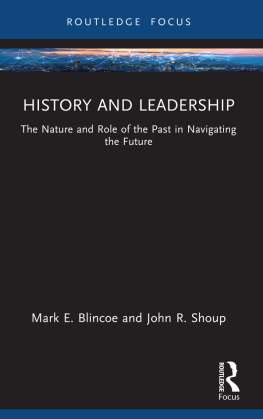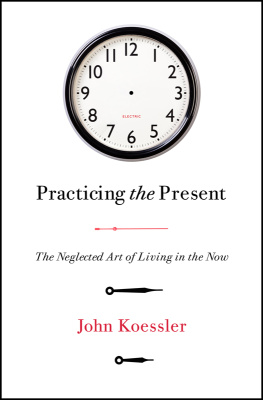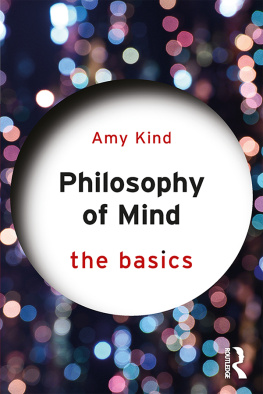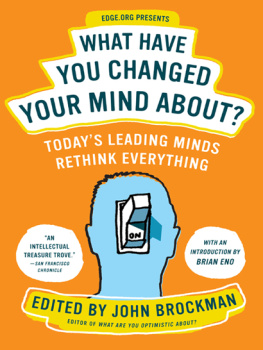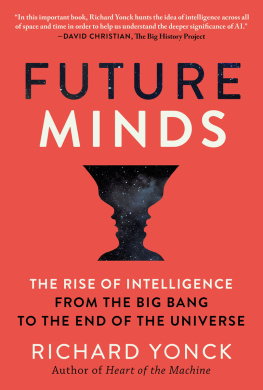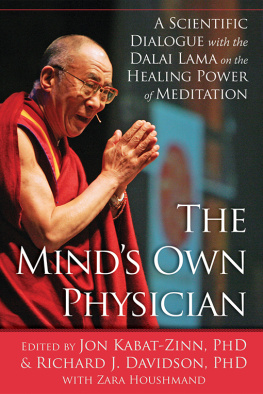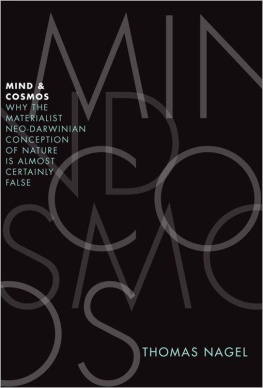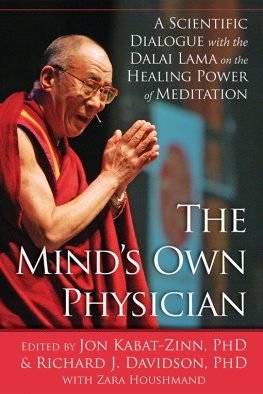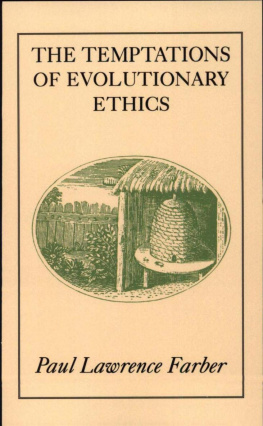A SOCIOBIOLOGY COMPENDIUM
First published 1998 by Transaction Publishers
Published 2017 by Routledge
2 Park Square, Milton Park, Abingdon, Oxon OX14 4RN
711 Third Avenue, New York, NY 10017
Routledge is an imprint of the Taylor and Francis Group, an informa business
Copyright 1998 by Taylor & Francis
All rights reserved. No part of this book may be reprinted or reproduced or utilised in any form or by any electronic, mechanical, or other means, now known or hereafter invented, including photocopying and recording, or in any information storage or retrieval system, without permission in writing from the publishers.
Notice:
Product or corporate names may be trademarks or registered trademarks, and are used only for identification and explanation without intent to infringe.
Library of Congress Catalog Number: 98-9620
Library of Congress Cataloging-in-Publication Data
Thiessen, Delbert D.
A sociobiology compendium : aphorisms, sayings, asides / Del Thiessen.
p. cm.
Includes bibliographical references and index.
ISBN 1-56000-372-3 (cloth : alk. paper)
1. Aphorisms and apothegms. 2. Human behaviorQuotations, maxims, etc. I. Title.
PN6271.T49 1998
082dc21
98-9620
CIP
ISBN 13: 978-1-56000-372-4 (hbk)
Several people contributed to the publication of this book. I am especially indebted to Drs. David Cohen, Devendra Singh, and Joseph Horn, and to Ross DeVere, Ross Speir, Russell Kingston, and R Matthew Bronstad for critically reading the text and giving me their comments and advice. I dedicate this book to my daughter, Kendell Mayfield.
Del Thiessen
Sociobiologiststhose curmudgeons who believe that culture is a part of our biologyhave divined some of our deepest and sometimes darkest motivations. Yoked together in strategies to procreate, the white and black steeds of compassion and hatred, altruism and selfishness, sacrifice and murder, race toward procreation. In a most Darwinian fashion our divided selves lurch this way and that, promoting our advantage, crippling our enemy, and assuring our genetic future.
But it was not sociobiologists who first uncovered our basic desires and fears. They, in a sophisticated manner simply exposed the truths of old. Didnt William Shakespeare speak of our ingrained duality with the comment: O thou weed, who act so lovely fair, and smellst so sweet, that the sense aches at thee, would thou hadst never been born! (Othello), and wasnt it Aristotle who deduced our evolutionary and social history when he said: Every action must be due to one or other of seven causes: chance, nature, compulsion, habit, reasoning, anger, or appetite. So much of what we know now, our brethren knew thena never changing flow of aphorisms, sayings, and asides, unrepealed by the science of biologytruth on the tips of many tongues.
To prove my point that knowledge is genetically and historically deep, Ive taken the current scientific findings in sociobiology and substituted for them the non-scientific voices of the ancient and recent past. Traditions, history, and language have all changed since the beginning of our written record, but little else has. Our consciousness today is no different than it was then, and unlikely to change tomorrow. We carry the genes of our past and the same doses of ecstasy and agony. The evolutionary substance of our life speaks to us in the emotional and rational language of our ancestors. We hear it everywhere; we feel it in ourselves.
The truth of human nature lies everywhere, in the affirmations of the ancients, the sonnets of Shakespeare, the writings of Cervantes, the poetry of Tennyson, the novels of Hemingway, the music of Beethoven, the muse of Grimms fairy tales, the biology of Darwin, and the moods of all people. Yes, the truth is there, heaped up beyond comprehension, soaked in the drama of life. Ernest Becker (1973), in his magnificent book, The Denial of Death, put it this way: The man of knowledge in our time is bowed down under a burden he never imagined he would ever have: the overproduction of truth that cannot be consumed.
The burden is not simply the accumulation of knowledge over long periods. We know more today than yesterday. But the strange fact is that much of the truth about ourselves has been recognized for hundreds or even thousands of years, reiterated in the thoughts and expressions of great and common minds.
Part of the nature of man is to understand himself. The Greek philosopher and statesman Plato propounded a doctrine of recollection, positing that we possess universal truths that are unfortunately driven from consciousness by the shock of birth. Accordingly, in a vague sort of way we know everythingknowledge that flows back into consciousness with effort and experience.
The idea that we harbor universal knowledge is a recurring theme in philosophy, literature, history, and the arts. Our endless search for the core of our beinglife, and especially deathhas time and again touched the same cords. Aristotle, working over two thousand years ago, unearthed an encyclopedia of truths about our behavior, many of which swirled through history over and over. Aristotle saw the universality of human behavior that others would view from their own perspectiveknowledge on the tip of many tongues. The British novelist Joseph Conrad had no hesitation in expressing the same idea when he said, The mind of man is capable of anythingbecause everything is in it, all the past as well as all the future.
Scientists, as well, have more recently expressed similar ideas. Biologist Ralph Berger (1977) put forward the idea that what we know is built into the human organism: In a certain sense nothing is acquired from the environment and added to the brain that was not there before. New connections are not established as a result of experience. In this way the model conforms to Platos view of learning, that we do not really learn anything new but only remember preexisting Forms. Jungs concept of the Collective Unconscious reiterates the same essential idea, since it implies an innate organic basis for the emergence of certain behaviors (or psychological events) that are universal but manifested individually (or culturally) in a variety of symbolic forms.
How could that be? How could we possess universal knowledge? The answers lie in our biology, namely that we are all images of the same evolutionary history, all sharing adaptive mechanisms and strategies, all reflecting the same ecological and social history. Whats built into the human mind are the survival and reproductive strategies conserved by natural selection, the drives and cognitive processes that are there because of past adaptations to early environments. Witness how children acquire complex behaviors, such as language and concepts of cause and effect, without specific training. Their minds are prepared to assimilate the crucial features of our environment. As the great developmentalist Jean Piaget understood, children show an unfolding of increasing complexity akin to the revelation of genetic knowledge.
Universal knowledge we seem to understand intuitively; it is knowledge that mirrors the demands of past environmentsuniversal principles that shape our bodies and minds. Our loves, hates, jealousies, ecstasies, concerns for kin, suspicions of strangers, longings for others, fears of death, and all the rest nestle in the brain as strategies of survival and reproduction, common to all, sometimes available to consciousness.


